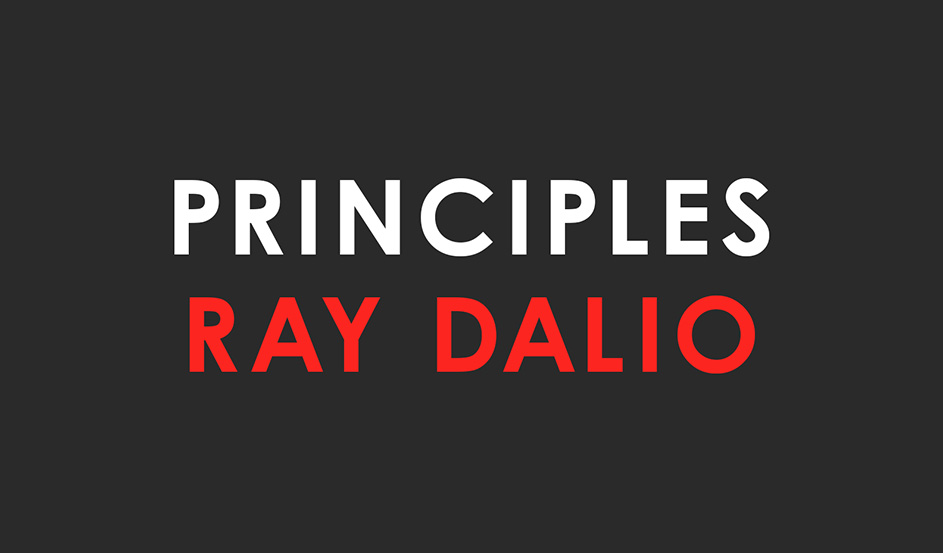
PRINCIPLES IN THE KITCHEN; LESSONS ON IMPROVING PERFORMANCE AND CREATIVITY FROM THE WORLD OF FINANCE..
Several months ago a close friend and I were discussing company cultures. Specifically how my small team and I are on a quest to build our own culture, one which works towards our goals of creating a sustainable, creative, innovative, dedicated, hardworking, motivating and challenging work environment. I explained that I was looking at strategies (including group creative sessions, meditation, personality tests and shared goal setting) which allow us to purposefully craft a well-defined and intentional work ethic which inspires the best in our team. Rather than just allow a culture to develop, we want to nurture one within the team.
This is a focus of mine as having spent many years in some of London’s most prestigious and highly acclaimed restaurants – experiences I am grateful for as they were continuously challenging and allowed me the culinary growth I was seeking. But as many are aware; there is lack a general lack of appreciation of human capital, which hangs over the hospitality industry like a grey cloud. I’m not going to expand upon this other than to say, these environments aren’t exactly breading grounds for creativity and innovation (more conformity and obedience – not bad traits, just not our main goal). Our work at Kitchen Theory (like in many other unrelated businesses) requires skills including fast learning, critical thinking, problem solving, lateral thinking, focus, team work, communication, resourcefulness, creativity and of course craftsmanship. My objective is to create an environment for our team which supports the continuous use of these skills, and actively seeks to improve them as time goes on. A continuous process best articulated by the Japanese philosophy ‘kaizen’.
Getting back to the point; during our discussion my friend (who works in finance) mentioned a highly successful billionaire investor, hedge fund manager, and philanthropist, Ray Dalio. He is the founder of investment firm Bridgewater Associates, one of the world’s largest hedge funds – unfortunately there is now way of me doing full justice to just how impressive and influential he is, other than to say he has been called ‘the Steve Jobs of the finance world’ and to urge you to go away and read up on him (start here). For the purpose of this article what you need to know is that his company, Bridgewater, has become infamous for it’s unique culture, which is founded upon core ‘Principles’ laid out by Dalio in his book (which goes by the same title).
It is said that Bridgewater’s outstanding success has been due to its full commitment to the principles and the unique culture which has formed as a result. And now Dalio is sharing his principles with the world in his book. It is by no means a finance book, it is a meticulously well-articulated set of principles which can be applied to any business (and many people see the value of these principles in their life too) in order to improve everything from decision making and management, to productivity and team culture.
 While not a focus point in the book (as the author is coming from a financial background) many of these principles can be channelled towards creativity, or more importantly nurturing an environment that encourages creativity and innovation.
While not a focus point in the book (as the author is coming from a financial background) many of these principles can be channelled towards creativity, or more importantly nurturing an environment that encourages creativity and innovation.
After reading the book twice (and continuing to use it as a reference point), I decided to see how these principles could be applied within my own business and even across the hospitality industry. And so I have set out to write a series of articles which highlight some of the more prominent themes and principles, and what these could mean to the hospitality industry. If you are interested in improving your team’s performance (in terms of creativity and decision making), developing a more effective work environment or even just bringing a new way of thinking into your restaurant or hospitality business, you may find some of these articles about our journey with the Principles are worth a read…
Article 1: Radical Transparency in the Kitchen
All images property of www.principles.com

